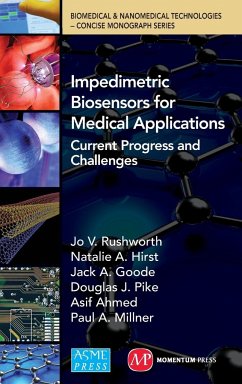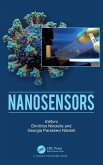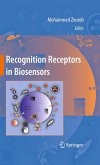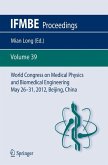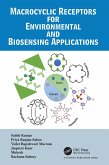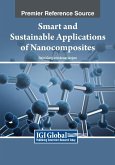In this monograph, the authors discuss the current progress in the medical application of impedimetric biosensors, along with the key challenges in the field. First, a general overview of biosensor development, structure and function is presented, followed by a detailed discussion of impedimetric biosensors and the principles of electrochemical impedance spectroscopy. Next, the current state-of-the art in terms of the science and technology underpinning impedance-based biosensors is reviewed in detail. The layer-by-layer construction of impedimetric sensors is described, including the design of electrodes, their nano-modification, transducer surface functionalization and the attachment of different bioreceptors. The current challenges of translating lab-based biosensor platforms into commercially-available devices that function with real patient samples at the POC are presented; this includes a consideration of systems integration, microfluidics and biosensor regeneration. The final section of this monograph describes case studies of successful impedance-based biosensors for the detection of a range of analytes from small molecules up to whole microorganisms. Finally, the authors put forward future perspectives for the clinical applications of impedimetric biosensors.
Hinweis: Dieser Artikel kann nur an eine deutsche Lieferadresse ausgeliefert werden.
Hinweis: Dieser Artikel kann nur an eine deutsche Lieferadresse ausgeliefert werden.

